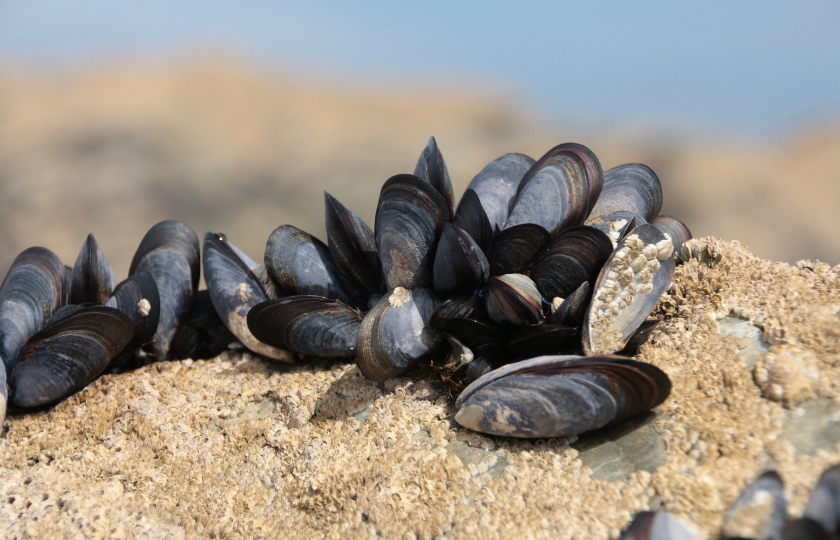Microplastics are shrinking mussels in Melbourne, Australia.
Mussels in Port Philip Bay are ingesting microscopic pieces of plastic used in cosmetics and affecting their ability to reproduce, shares RMIT University eco-toxicologist Dr Charlene Trestrail.
The researcher is calling out to companies to reduce microplastic use in cosmetic products.
Microplastics are typically used to add exfoliating properties to skin care products such as bath gels or scrubs. They help remove dry, dead skin cells and unclog pores, which are often used in cosmetics.
Unfortunately, when rinsed off from our sinks, these microplastic beads travel from our bathrooms to the ocean, where they can be easily confused with seaweeds or algae. Mussels cannot distinguish between food and plastic, so they ingest microplastics along with their normal diet.
Dr Trestrail said that the plastic affects the action of four of the mussels’ key digestive enzymes, which causes struggle in breaking down the starch into simple sugars they need to survive.
“We don’t think the plastic affects mussels directly, but it does reduce their ability to digest the real food in their gut, which means they miss out on energy and nutrients,” she explains.
According to Dr Trestrail, if mussels can’t digest food properly, they cannot grow, limiting their overall size. In addition, mussels need the energy to mate and reproduce, and the ongoing problem could have serious consequences for biodiversity in the Bay.
“Besides being a tasty treat for humans, mussels play an important role in keeping marine ecosystems healthy,” Dr Trestrail added. “And because plastic affects their ability to breed, we could see a drop in mussel populations in Port Phillip Bay, with knock-on effects for other marine wildlife.”
While eco-conscious consumers have worked hard to reduce the amount of plastic waste in the ocean from visible things like bags and packaging, most are not aware of the impact of microbeads and other hidden plastics in products like bath scrubs or toothpaste.
“We know lots about how plastics affect animals externally – we’ve all seen photos of birds and turtles entangled in plastic – but this is one of the first studies to investigate how tiny plastics affect animals’ stomachs,”
Recently, there has been a push for the government to reduce microplastic pollution, from synthetic fabrics to microbeads. However, while the Federal government has supported the cosmetics industry to begin phasing out microbeads, the 2021 National Plastics Plan halted banning or regulating their use.
“We need to take pollution from microplastics and microbeads seriously. Because they’re so small, they are impossible to remove once they’re in the ecosystem. The only solution is not to use them in the first place.” Dr Testrail concluded.



